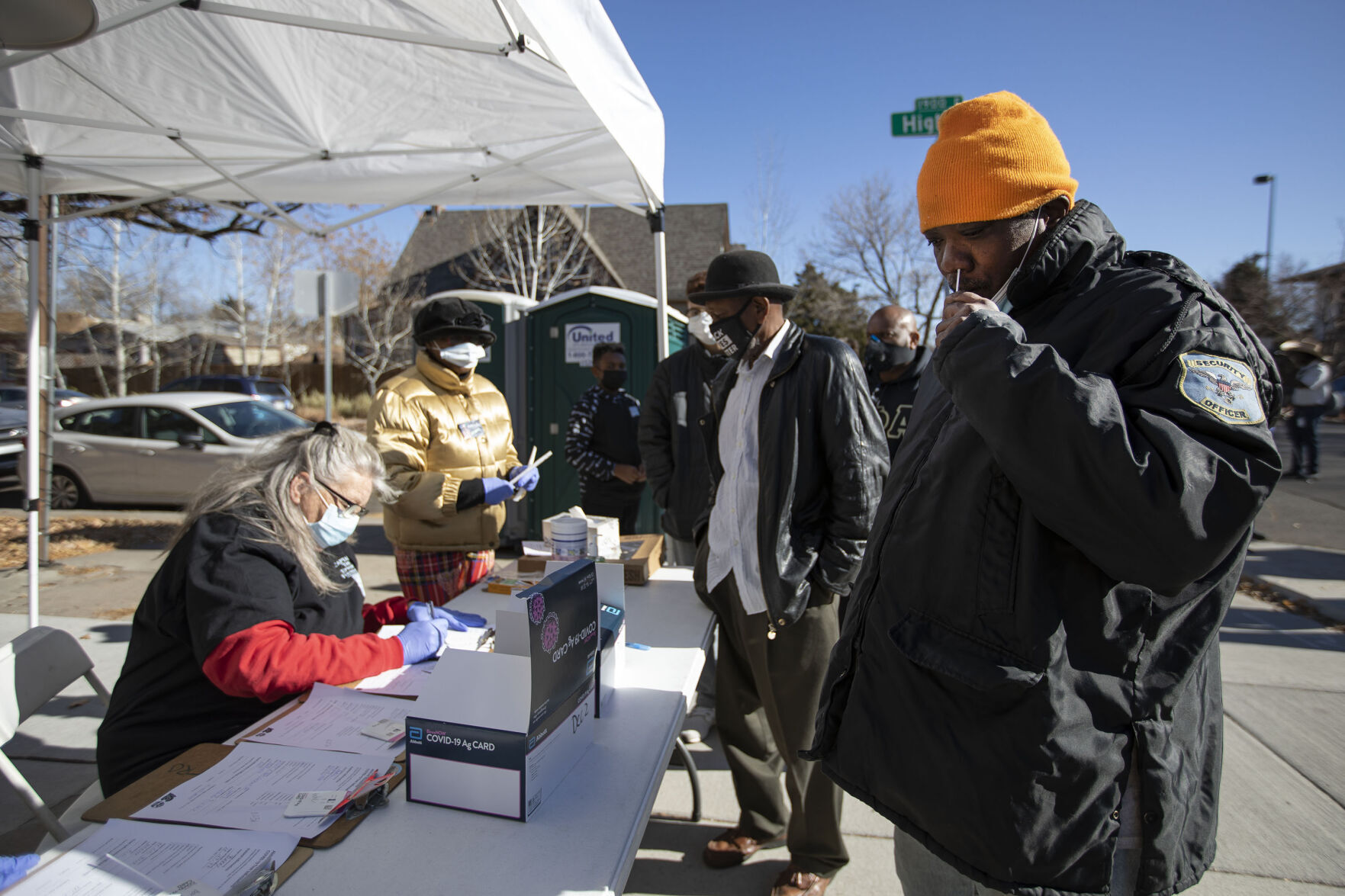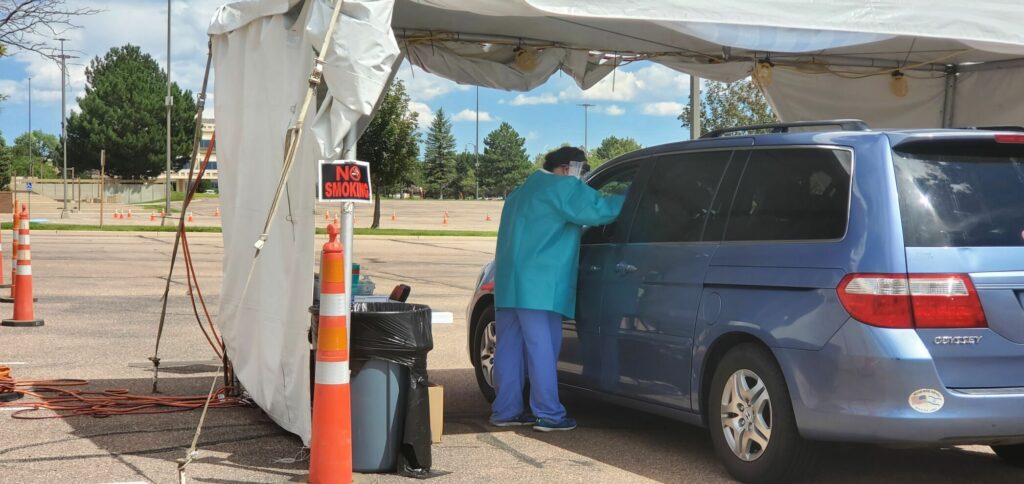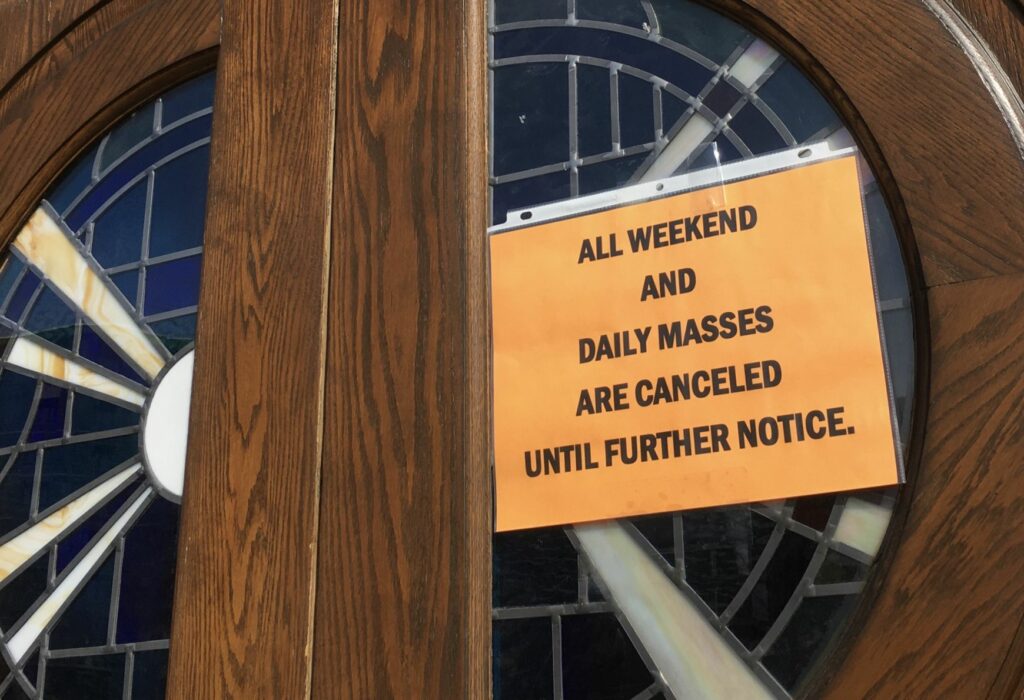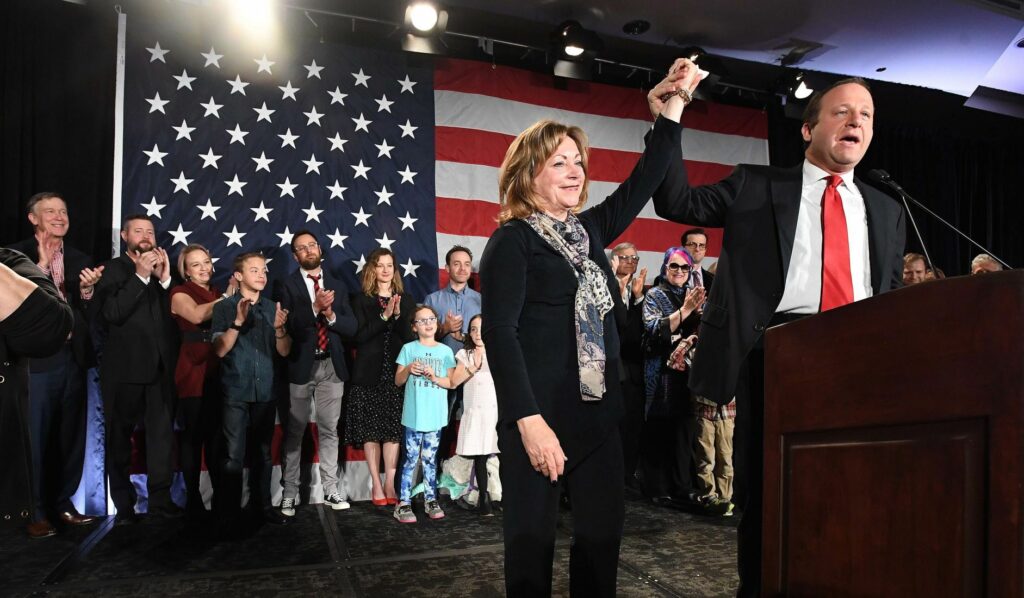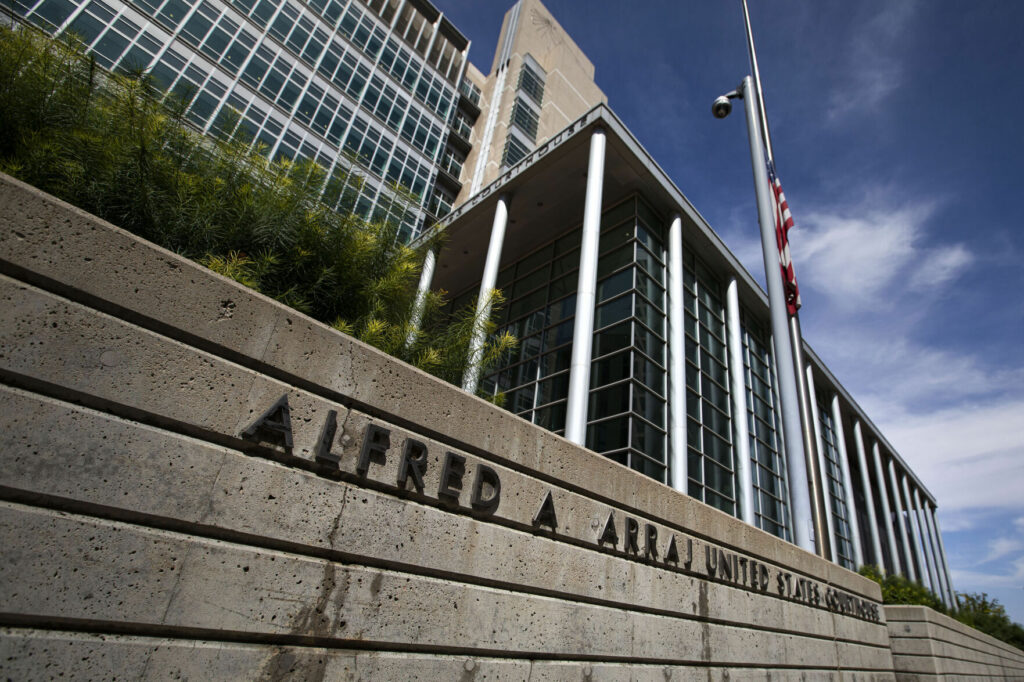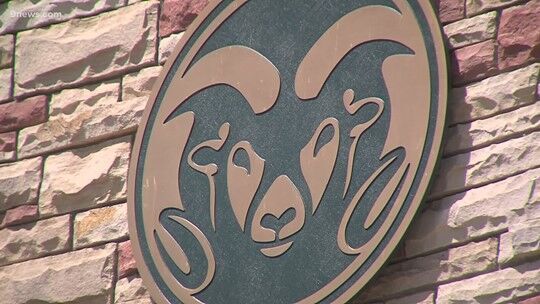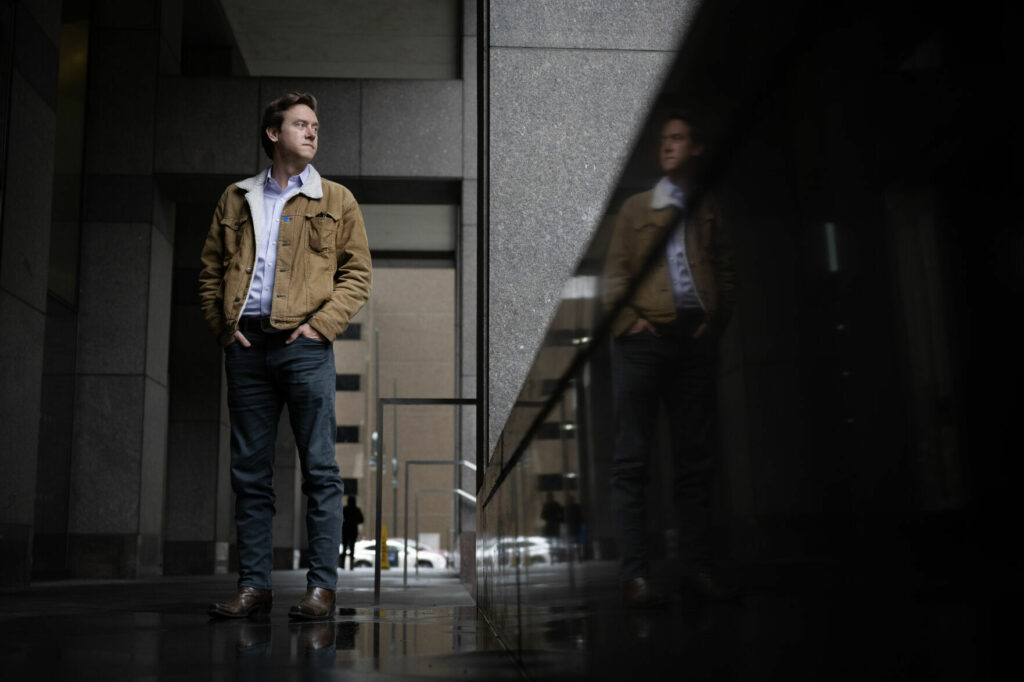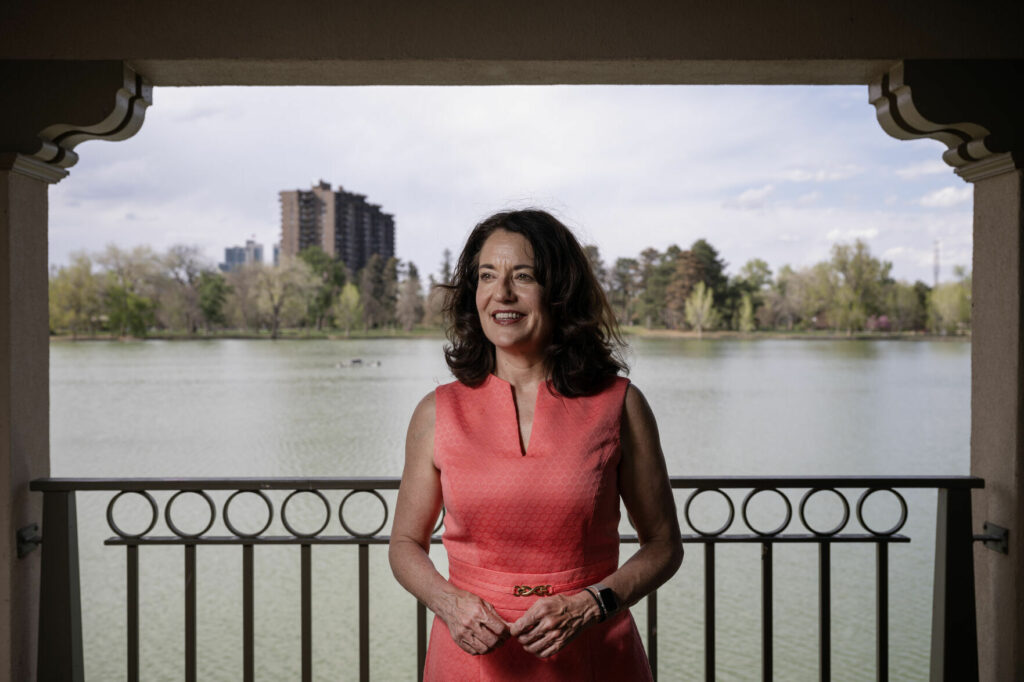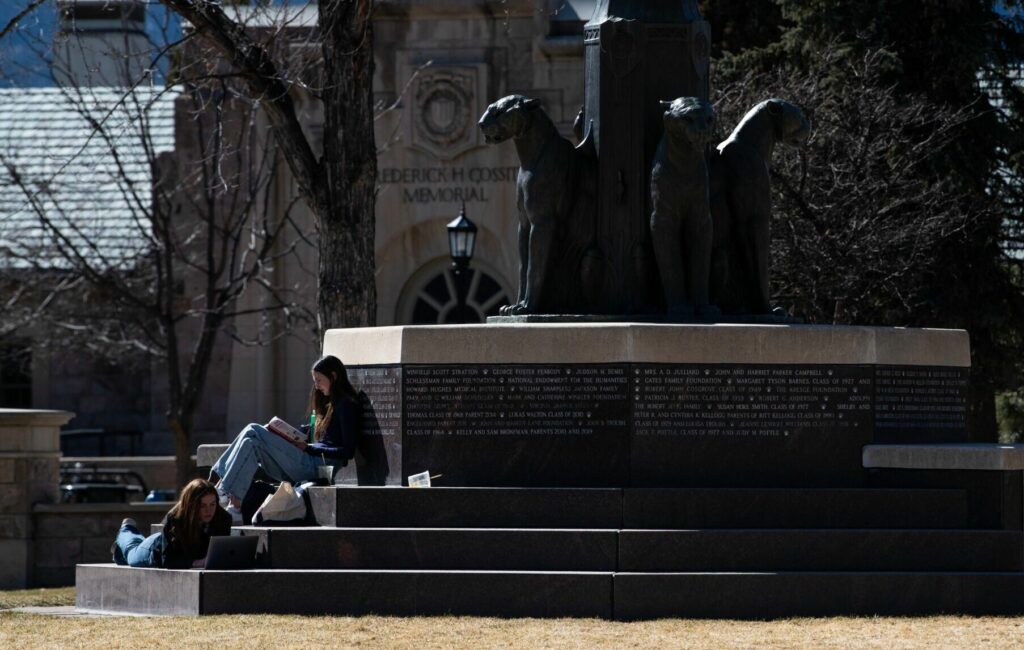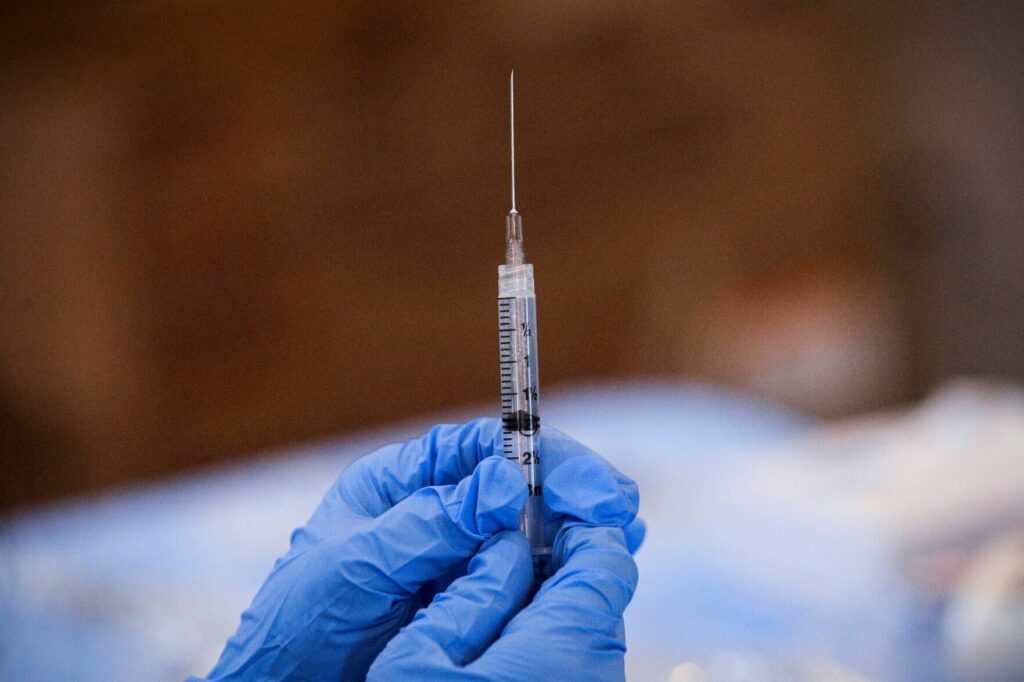Denver to end vaccine mandate for city workers, employees in high-risk settings
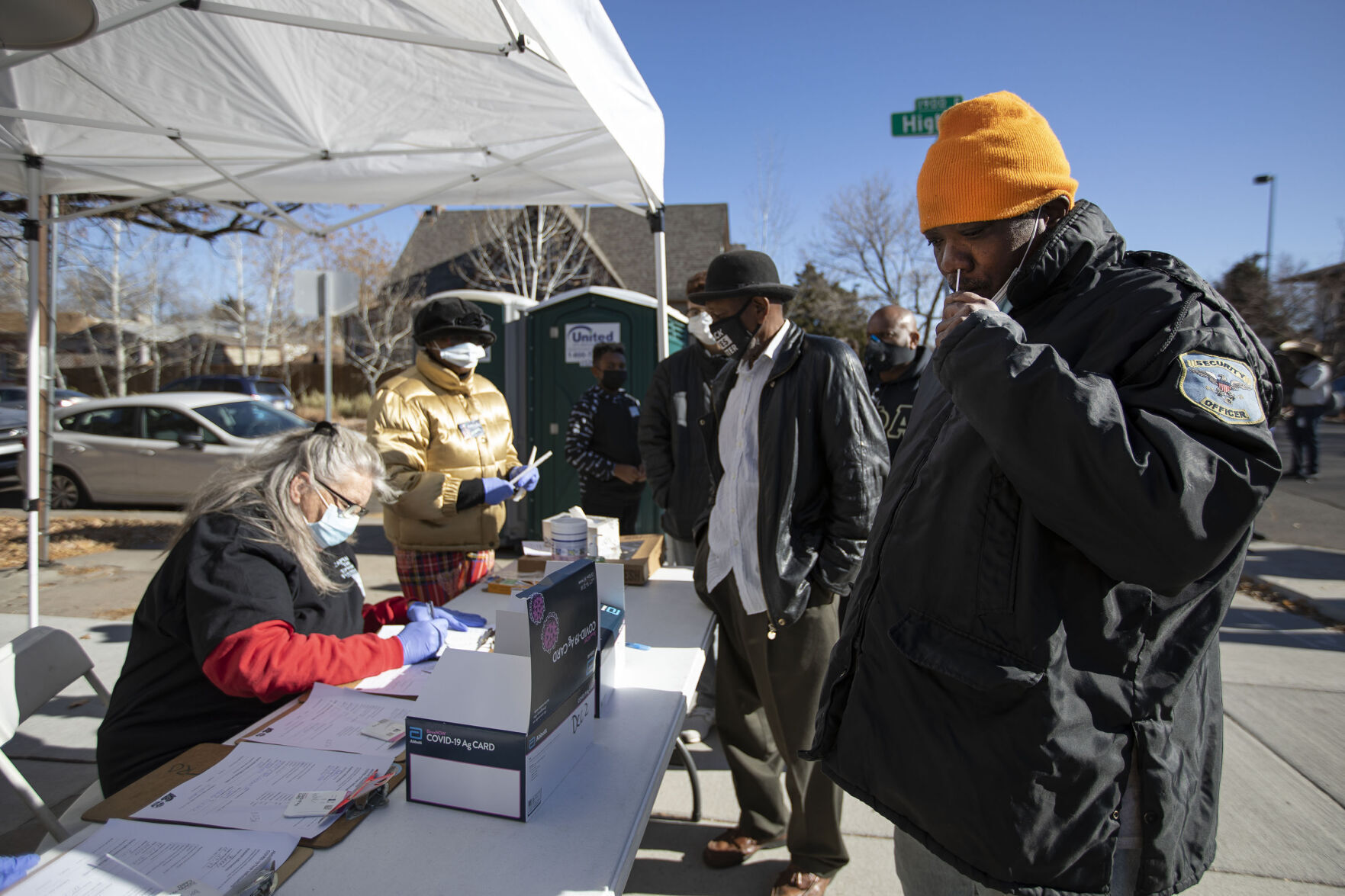
Denver will end its vaccine mandate for city employees and high-risk workers next week, officials announced Wednesday morning, six months after they implemented it and with COVID-19’s presence subsiding across the metro.
The order will expire just before midnight March 5. The city announced the vaccine requirement for city workers, educators, first responders, hospital workers and others in early August, just as the delta variant was beginning to drive case rates upward again and as the vaccination rate statewide was slowing.
Bob McDonald, the executive director of the city’s Department of Public Health and Environment, said it made sense to end the mandate now, given that COVID-19 cases here have plummeted. He said the order was “intended to be in place as long as we needed it.”
He said the mandate was needed in August as cases were beginning to rise and public health officials were concerned about what winter would bring.
“Public health mandates really should be reserved for those periods where we’re in a crisis,” McDonald said in an interview Wednesday. “Whether it’s a face-covering or vaccine mandate or whatever the mandate is, they’re really to address a crisis situation. And we’re certainly not in that, at least not at this current state.”
The city’s health department said in the announcement that Denver’s positivity rate over the past week is below 5%, a fraction of what it was during the omicron wave that hit the state hard in January. The agency said “modeling suggests” that cases won’t rise in the city if the mandate is lifted.
New modeling from a team of Colorado researchers indicated last week that 90% of the state may be immune to omicron, thanks to widespread infection and the state’s relatively high vaccination rate. Dropping cases, high immunity and vaccination levels “now make it possible to transition to a longer-term approach that treats COVID-19 as an endemic disease and reserves public health orders for urgent situations,” the Denver health department said.
McDonald said the order was also out of date. It did not contemplate boosters, which were an emerging topic of discussion in August. He noted that Moderna is working on a combined vaccine for both flu and COVID-19.
Asked if another vaccine mandate may come again, should cases rise later on or another variant emerges, McDonald said he hoped the city was moving away from public health mandates generally.
“I hate to say something will never happen again, but I will say that I don’t anticipate mandates like we’ve seen in the past two years or like this vaccine mandate,” he said.
The requirement was controversial upon its release. It was the first large mandate in Colorado, ahead of the state’s requirement for health care workers, and it prompted some Denver police officers to sue. As of early November, 23 city employees had been dismissed for not being vaccinated, according to Denver Gazette news partner 9News.
McDonald said the city’s rehiring process – which dictates how and when terminated employees can reapply – will remain the same as it has historically.
The elimination of the mandate is the latest signal of a city – and a state – looking to pivot to a new phase of the pandemic. Denver earlier this month ended its indoor mask mandate, in place since Thanksgiving, as did authorities in Jefferson, Adams and Arapahoe counties. Schools will also no longer require face-coverings here.
